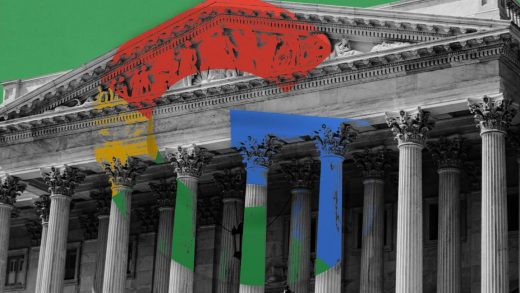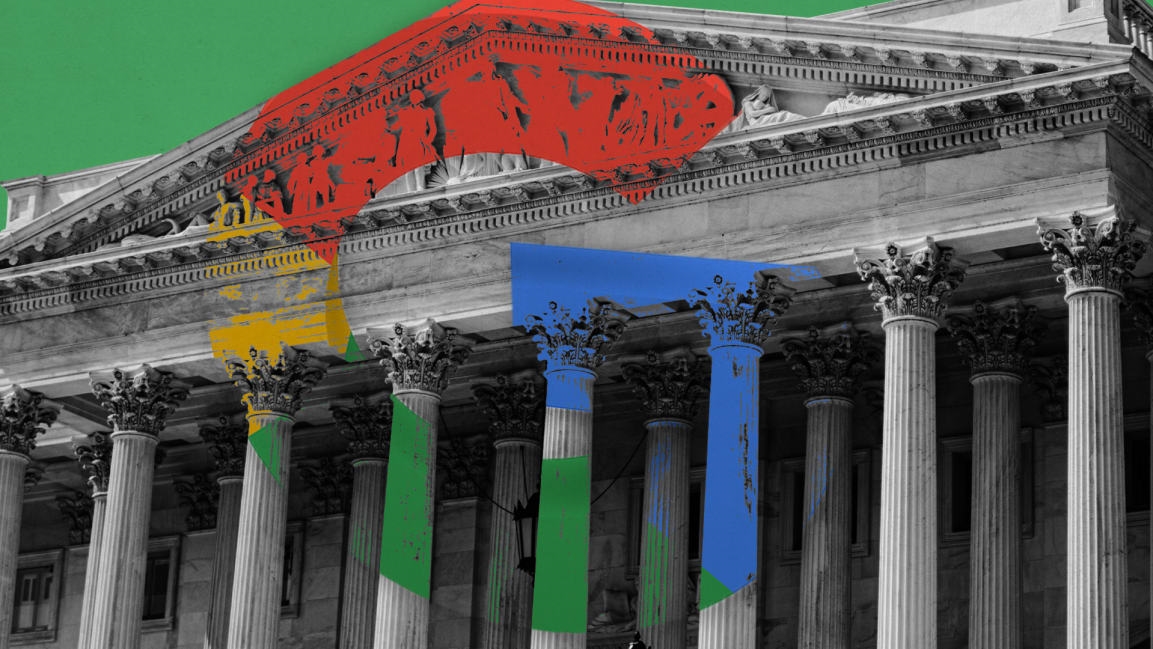Here’s why Google’s Supreme Court win over Oracle matters
Google and Oracle have been jousting in court for a decade over the use of the Java programming language in Google’s Android operating system. Today the Supreme Court, in a 6-2 vote, ruled that Google’s use of Java code was classified as “fair use”—not “pure plagiarism,” as Oracle had argued.
The Java programming language was originally developed at Sun Microsystems (now Oracle) back in the 1990s. Developers found it to be an easy way to build functionality into websites, and it was later widely used in mobile apps. Google’s Android mobile operating system was built using thousands of lines (11,330, to be exact) of Java code.
Java was and is an open-source language, meaning that developers across the tech industry have contributed to its development and evolution. The main parts of the language were made available to developers via APIs (application programming interfaces) that could be used by anyone.
Oracle has argued that the core Java code delivered through the APIs was protected by copyright, and that it should be paid licensing fees by those who used it.
In the end, the high court did not buy Oracle’s contention that the APIs were protectable under copyright. The majority decided that Google’s reliance on Java in Android falls under fair use in the copyright law.
The decision releases Google from paying billions in royalty fees and damages to Oracle. It may also preserve the openness and interoperability of today’s software development environment, attorney Stan Adams of the Center for Democracy & Technology explains:
“This decision is a huge win for developers and consumers because it allows reuse of the functional elements of APIs, like the way you can use the same commands for cut/copy/paste across different software applications, or the way universal remotes reuse the commands necessary to communicate with your television.”
That’s why software developers such as IBM, Microsoft, Mozilla, Etsy, and Reddit had filed legal briefs with the high court in support of Google.
On the other hand, some believe the court’s decision may have created a fair-use doctrine that will discourage the future development of programming languages.
“After failing in its attempt to obtain a license, Google simply stole 11,500 lines of Oracle’s Java computer code to start Android,” says Mike Davis, founder and president of the Internet Accountability Project. “Google claims this theft was ‘fair use’ under our nation’s copyright laws—essentially claiming it was for the greater good. Unfortunately, a majority of the Supreme Court bought Google’s argument.”
Indeed, Justice Clarence Thomas, writing for the minority, said: “Something is very wrong with our fair-use analysis.”
Starting in 2012, Oracle and Google traded lower-court victories until Google lost in Appeals Court in 2018, at which time Google’s lawyers asked the Supreme Court to hear the case. The Supreme Court agreed, setting the stage for today’s decision—and the conclusion of Google v. Oracle.
Oracle didn’t take the decision very well. “The Google platform just got bigger and market power greater, the barriers to entry higher and the ability to compete lower,” said Oracle’s chief legal officer, Dorian Daley, in a statement. “They stole Java and spent a decade litigating as only a monopolist can.”
(25)



